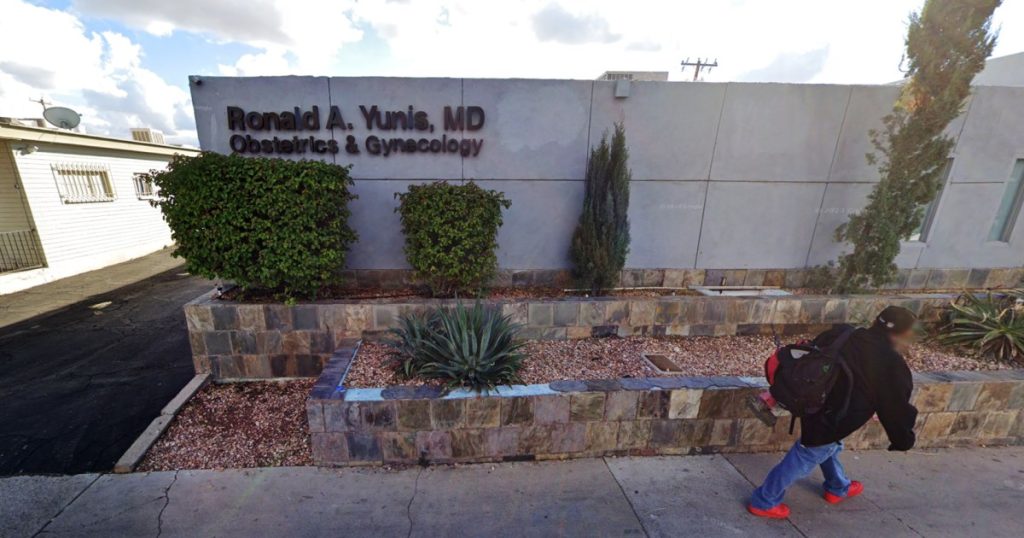Protests erupted outside of the Acacia Women’s Center in Phoenix, Arizona, following a state Supreme Court ruling that a 1864 abortion ban was enforceable, making abortion a felony punishable by prison time. Patients, like Jordan Johnson and Amber Adams, had to navigate past anti-abortion activists to access the clinic. Johnson expressed anger at the activists and stated that she would not hold back in responding to their harassment. Adams shared her experience of feeling judged by activists during a previous visit to the clinic, but affirmed her belief that she made the right choice.
The ruling, which was temporarily put on hold to allow for additional legal challenges, has sparked fear and disappointment among those seeking abortions in Arizona. While advocates continue to fight for reproductive rights and explore legal avenues to protect abortion access, patients are left uncertain about the future. Johnson, who expressed concern about the lack of protection for abortion rights in the state, emphasized the importance of being able to access safe and legal abortion services.
Despite facing ongoing opposition from anti-abortion activists, Dr. Ronald Yunis, a long-time OB-GYN at the Acacia Women’s Center, remains committed to providing care for his patients. He highlighted the negative consequences of abortion bans, such as women resorting to unsafe methods to terminate pregnancies. Yunis emphasized the importance of ensuring that patients receive proper medical care to avoid harm and complications, regardless of differing opinions on abortion.
Adams, who has been a patient of Yunis for several years, expressed trust in him and his advocacy for reproductive health. She criticized the 1864 abortion ban, stating that personal decisions about abortion should not be interfered with, and emphasized the need for individuals to have the freedom to make their own choices. Adams highlighted the importance of having access to safe abortion services and affirmed her determination to seek out alternatives if necessary.
The enactment of the 1864 abortion ban and the potential threat to abortion rights in Arizona come in the wake of the U.S. Supreme Court overturning the Roe v. Wade ruling. This legal landscape has left many individuals concerned about the future of reproductive rights, prompting discussions about finding alternative solutions, such as seeking abortion services in other states. Despite the challenges, patients like Adams remain resilient and determined to access the care they need.
As reproductive rights activists continue to push back against restrictive laws, patients like Johnson and Adams navigate through a tense and uncertain environment in their pursuit of abortion services. The clash between anti-abortion activists and those seeking reproductive care underscores the ongoing battle to protect and uphold abortion rights in Arizona and beyond. Amidst these challenges, healthcare providers like Dr. Yunis play a crucial role in ensuring that patients receive the necessary care and support to make informed decisions about their reproductive health.


